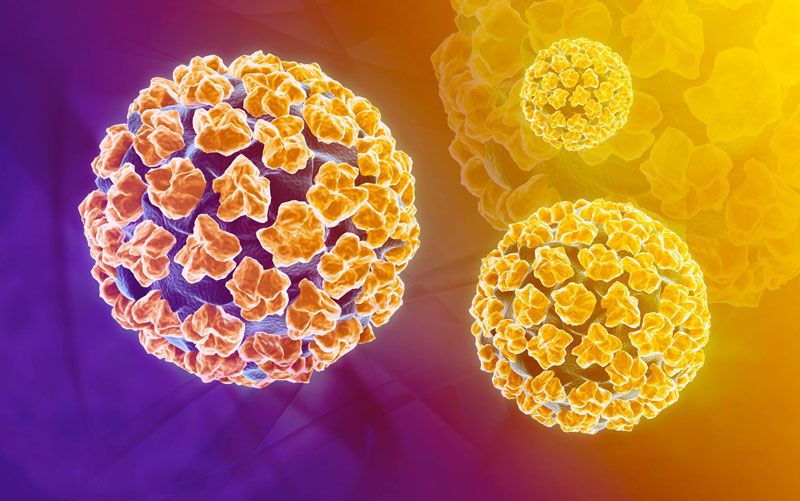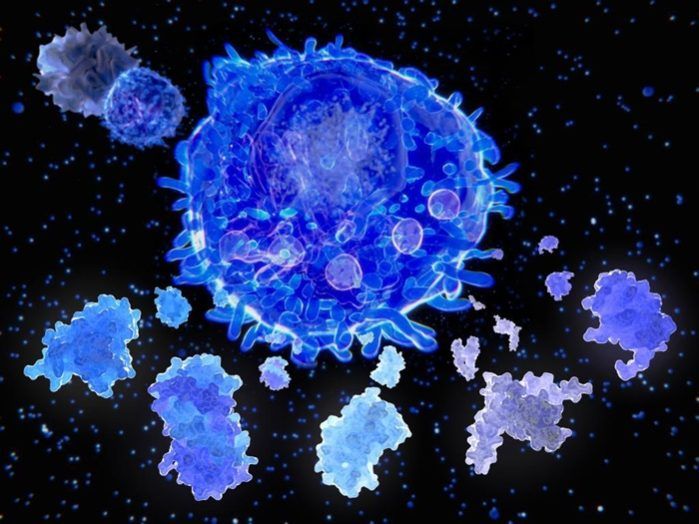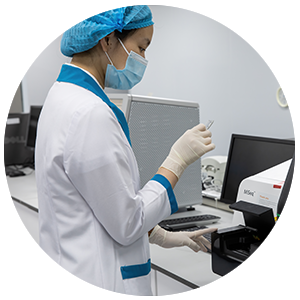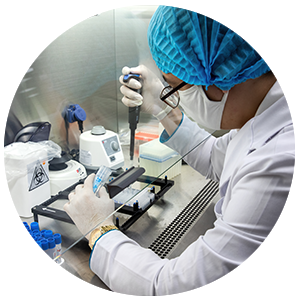HPV virus test - So your fear can't stay near
What is HPV virus?
HPV (Human Papilloma Virus) is a virus that causes papillomas in humans, transmitted mainly through sexual contact or through skin-to-skin contact.
.
Facts about HPV virus that you should know
At least 80% of women have been exposed to HPV at least once in their lives.
There are more than 100 different strains of HPV, most of which are harmless and do not require treatment. However, some strains are classified as risk groups of concern, due to their association with certain types of cancer.
.
HPV VIRUS STRAINS
Types 16, 18, 31, 33, 35, 39, 45, 51, 52, 56, 58, 59, 66 and 68.
*Types 16 and 18 are especially dangerous, with a high risk of causing cancer.
.
LOW-RISK HPV STRAINS
HPV 6 and 11 often cause genital warts, genital warts, and recurrent respiratory papillomas (RRP).
.
HPV virus infection is not synonymous with cervical cancer. However, over 99% of cervical cancer originates from the HPV virus, over 70% of cervical cancers are caused by HPV types 16 and type 18. HPV types 16 and 18 are also the causes of cancers such as: vulvar cancer (50%), vaginal cancer (65%).
.
HPV virus is not transmitted through body fluids such as semen or saliva, but rather through skin-to-skin contact, e.g. vaginal, anal and oral sex.
.
Infection can occur if HPV comes into contact with mucous membranes (in the mouth, lips, anus, parts of the genital organs) or breaks in the skin, such as vaginal tears.
.
Screening regimen using partial HPV testing
(According to Decision No. 2402/QD-BTC on guidelines for prevention and control of Cervical Cancer)
*Apply for older-than-25-year-old-women
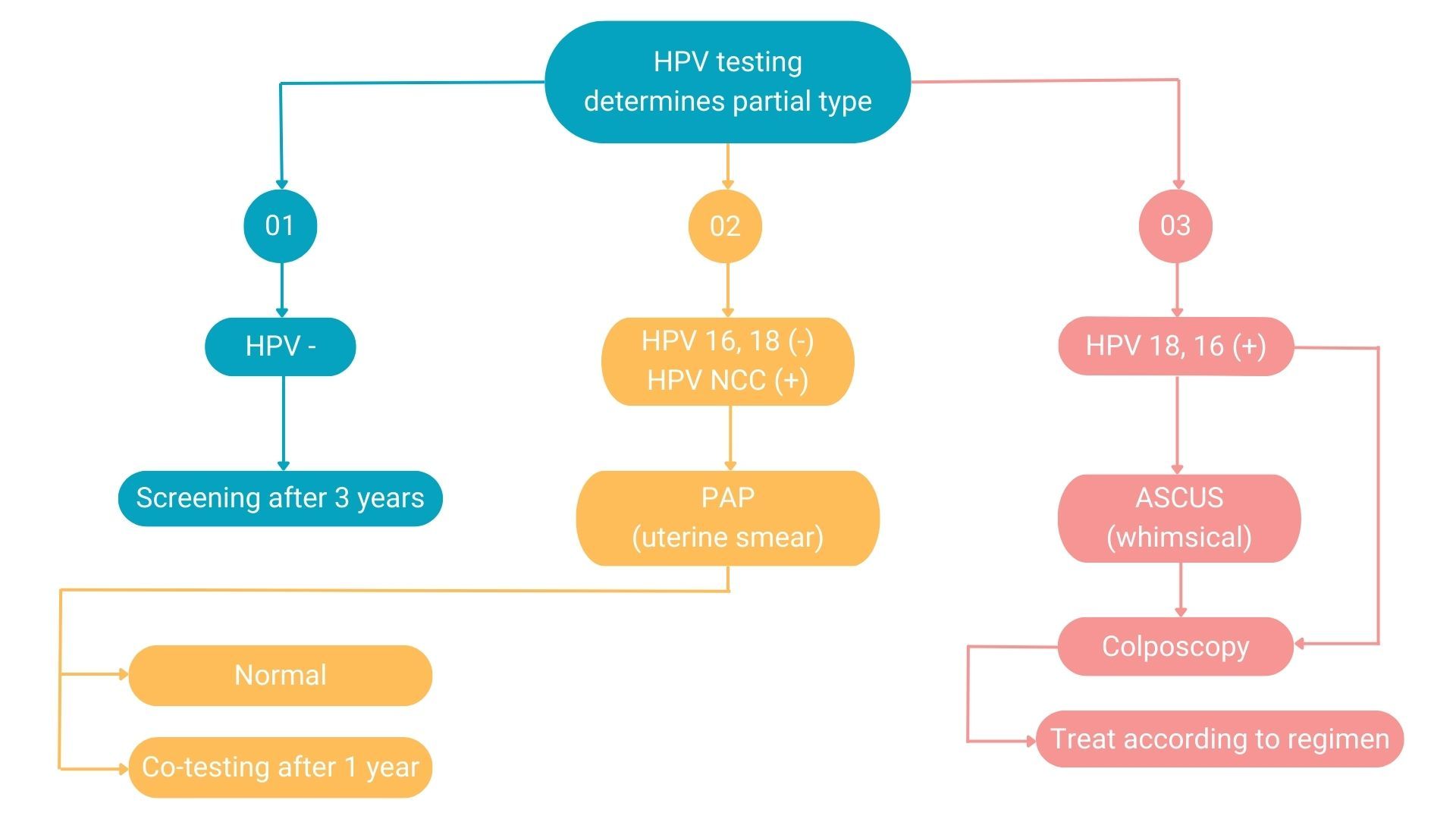
*Co-testing combines PAP testing and HPV DNA testing (partial typing)
.
Who should do HPV virus testing?
According to experts, HPV testing is recommended in women who had lost virginity and priority should be given to high-risk groups aged 30-50 years.
.
Women who are 65 years of age or older or have had a hysterectomy can stop being screened if their HPV test results have been mostly negative in the previous 15 years. However, in some cases, women who are 65 years of age or older and have tested positive for the virus may also have to continue screening until they are 70 years old.
.
HPV virus testing at Phacolab
1. Time to get results: 2 days from the time of sample receipt
2. Specimen: Cervical smear. Patients can combine sampling when going for a gynecological examination or, if they do not have a gynecological examination, they will be provided with a self-sampling device at home.
3. HPV testing (using cervical smear) DO NOT apply for:
+ Pregnant women
+ Women are in their menstrual period
+ Women who are using inner vaginal medications, intimate products or have had sexual activity within 2 days before the test
.

